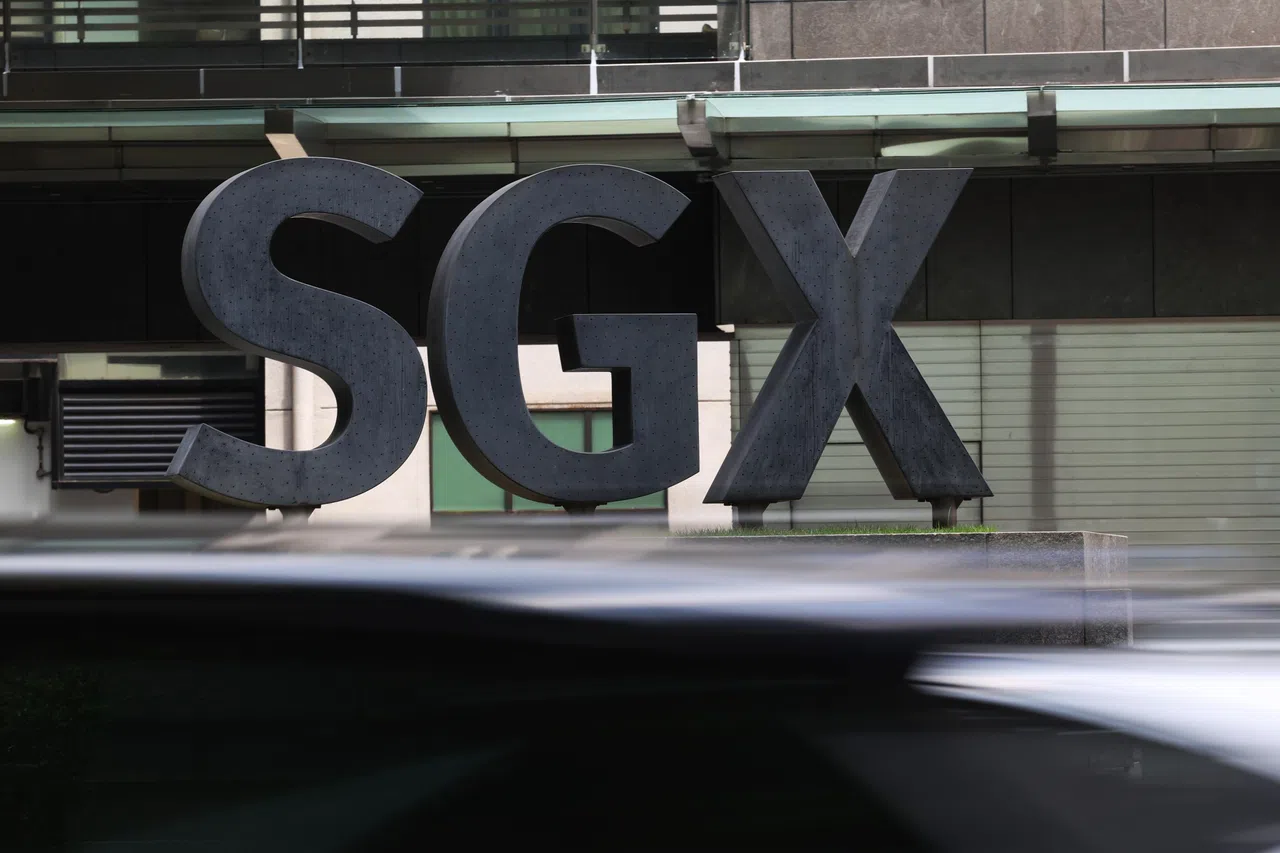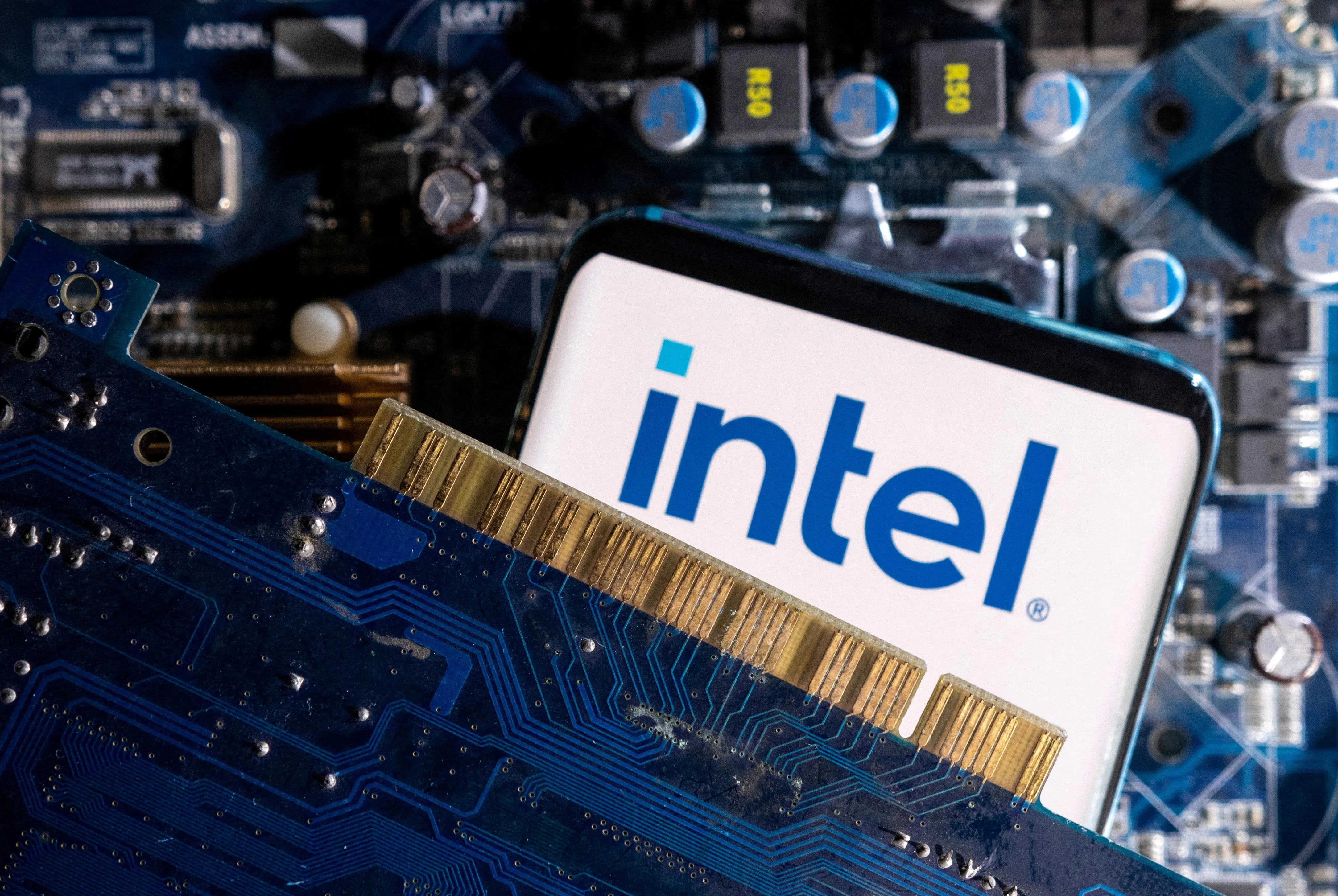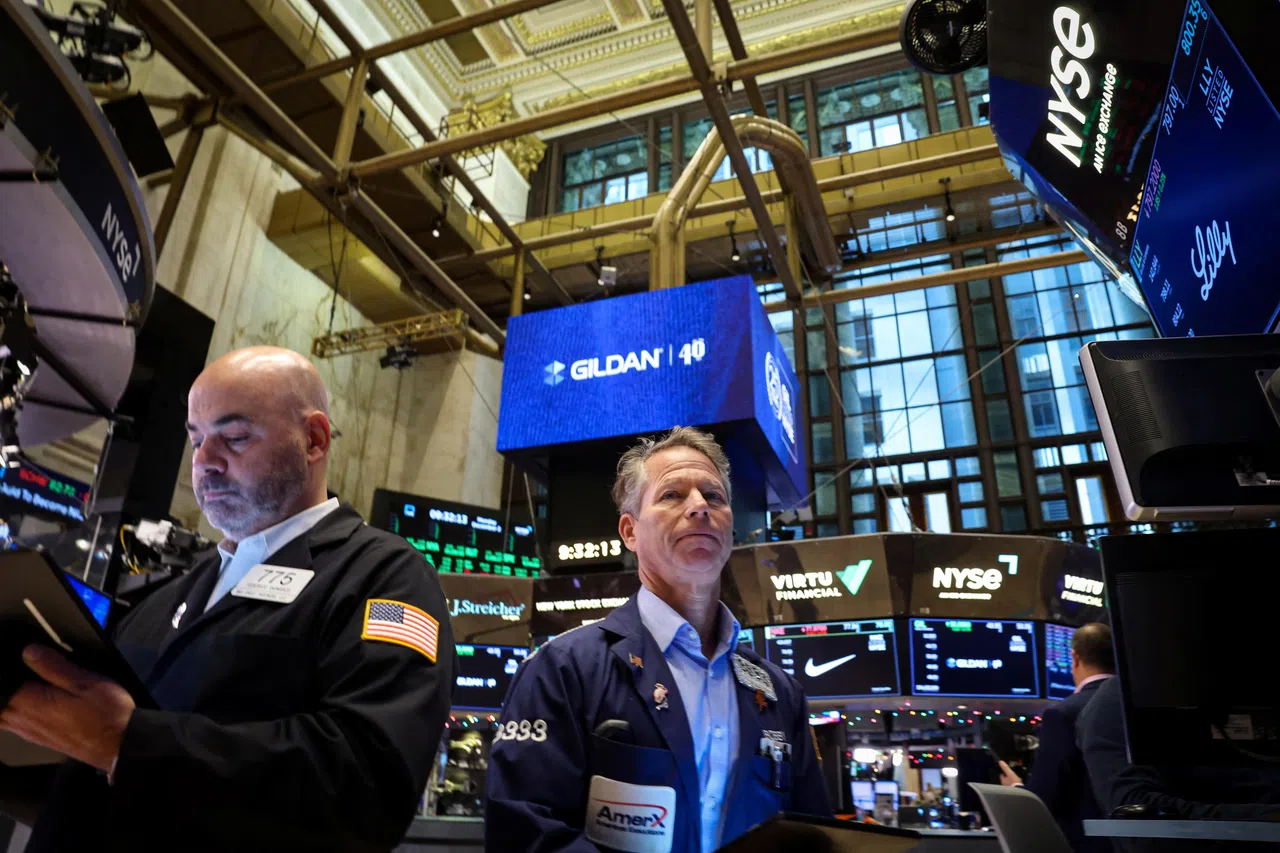SINGAPORE stocks closed slightly lower on Wednesday (Nov 27), mirroring a mixed performance across other Asian markets as investors continue to digest the threat of Donald Trump’s tariffs.
The Straits Times Index (STI) ended 0.1 per cent or 4.3 points lower at 3,708.09. Across the broader market, gainers outnumbered losers 265 to 215 after 957.4 million securities worth S$1.1 billion changed hands.
On the STI, beverage company Thai Beverage (ThaiBev) was the top gainer. It rose 1.9 per cent or S$0.01 to S$0.55.
Maritime vessel maker Yangzijiang Shipbuilding came in at the bottom of the table, shedding 3.6 per cent or S$0.09 to S$2.44.
The trio of local banks ended the day mixed. DBS rose 0.3 per cent or S$0.14 to S$41.85 while UOB was down 0.1 per cent or S$0.02 at S$36.33 and OCBC fell 0.1 per cent or S$0.02 to S$16.08.
One of the most actively traded stocks on Wednesday included Singapore Post (SingPost), which rose 4.5 per cent or S$0.025 to S$0.58, following talks regarding the potential sale of its Australian business.
BT in your inbox
Start and end each day with the latest news stories and analyses delivered straight to your inbox.
Maybank said this week that SingPost is undervalued, noting that significant potential value for SingPost now arises from the sale of various businesses which comprise Famous Holdings and its Australian business, and SingPost Centre and its post offices over the next one to two years. It initiated coverage on SingPost with a buy rating and a price target of S$0.74.
In the region, key indices were mixed. Japan’s Nikkei 225 tumbled 0.8 per cent and South Korea’s Kospi Composite Index fell 0.7 per cent while Malaysia’s FTSE Bursa Malaysia Kuala Lumpur Composite Index was up 0.1 per cent.
Chinese stocks rose – Hong Kong’s Hang Seng index rose 2.3 per cent and the Shanghai Composite was up 1.5 per cent. That’s despite data on Wednesday showing that China’s industrial profits declined again by 10 percent in October – though a milder fall compared to September.
SPI Asset Management managing partner Stephen Innes, however, noted that China’s weakening economic indicators loomed large over global markets through the trade war lens.
“This downturn highlights the urgency of Beijing’s stimulus measures and amplifies their importance through the trade war filter. Investors, already jittery, are keenly aware of the ripple effects such protracted disputes could have, particularly on the Chinese and European economies that are bracing for Trump’s tariff onslaught,” he added.







